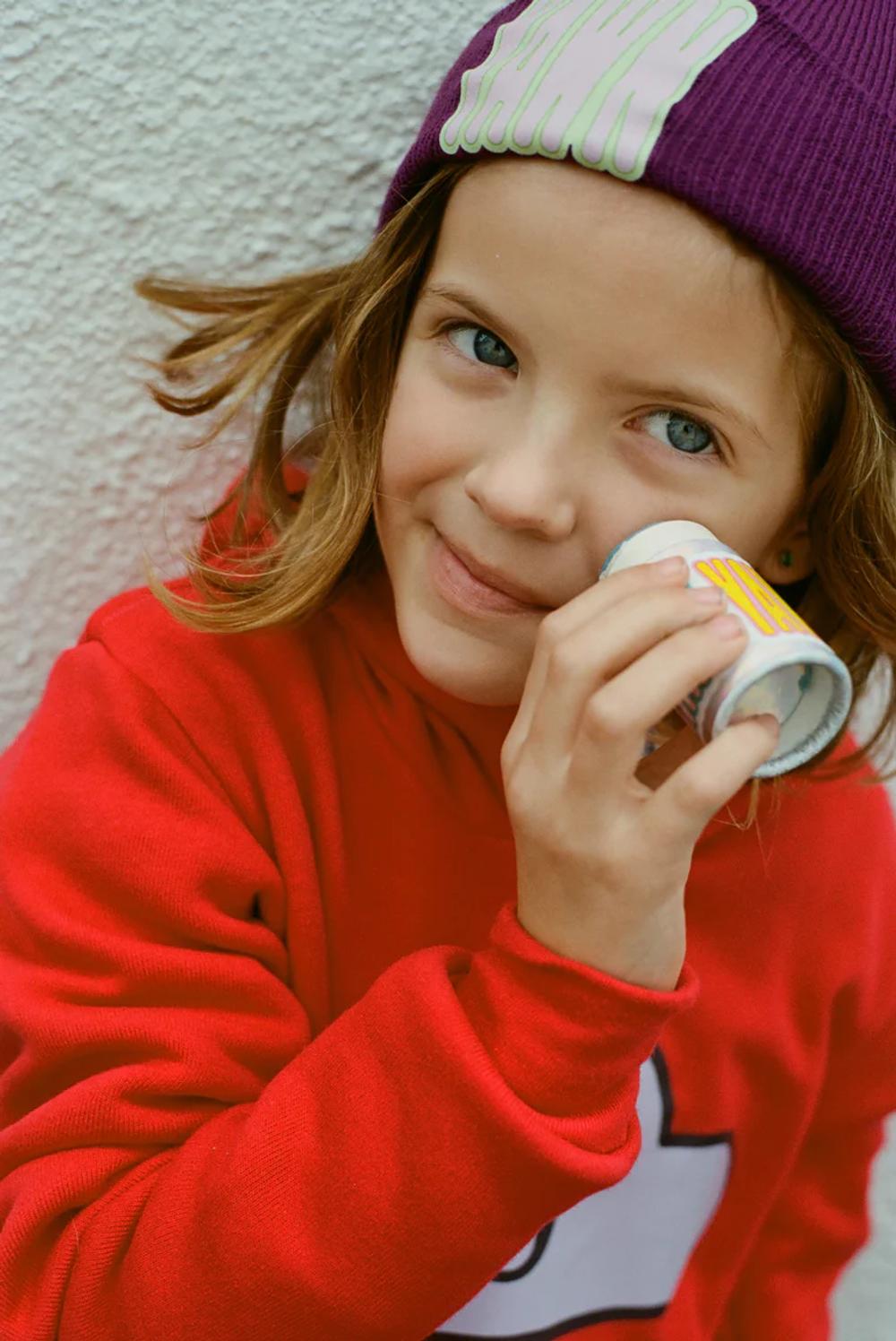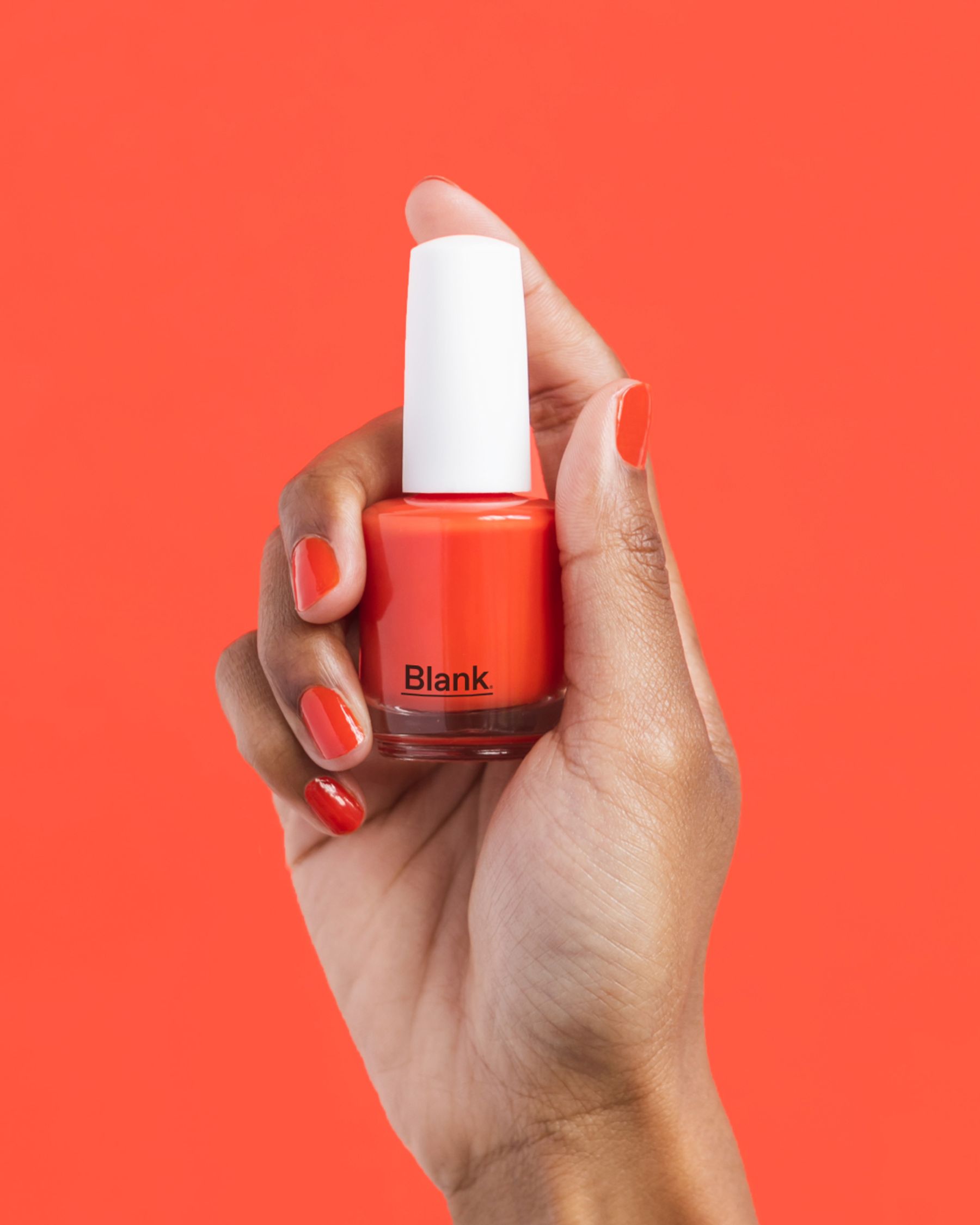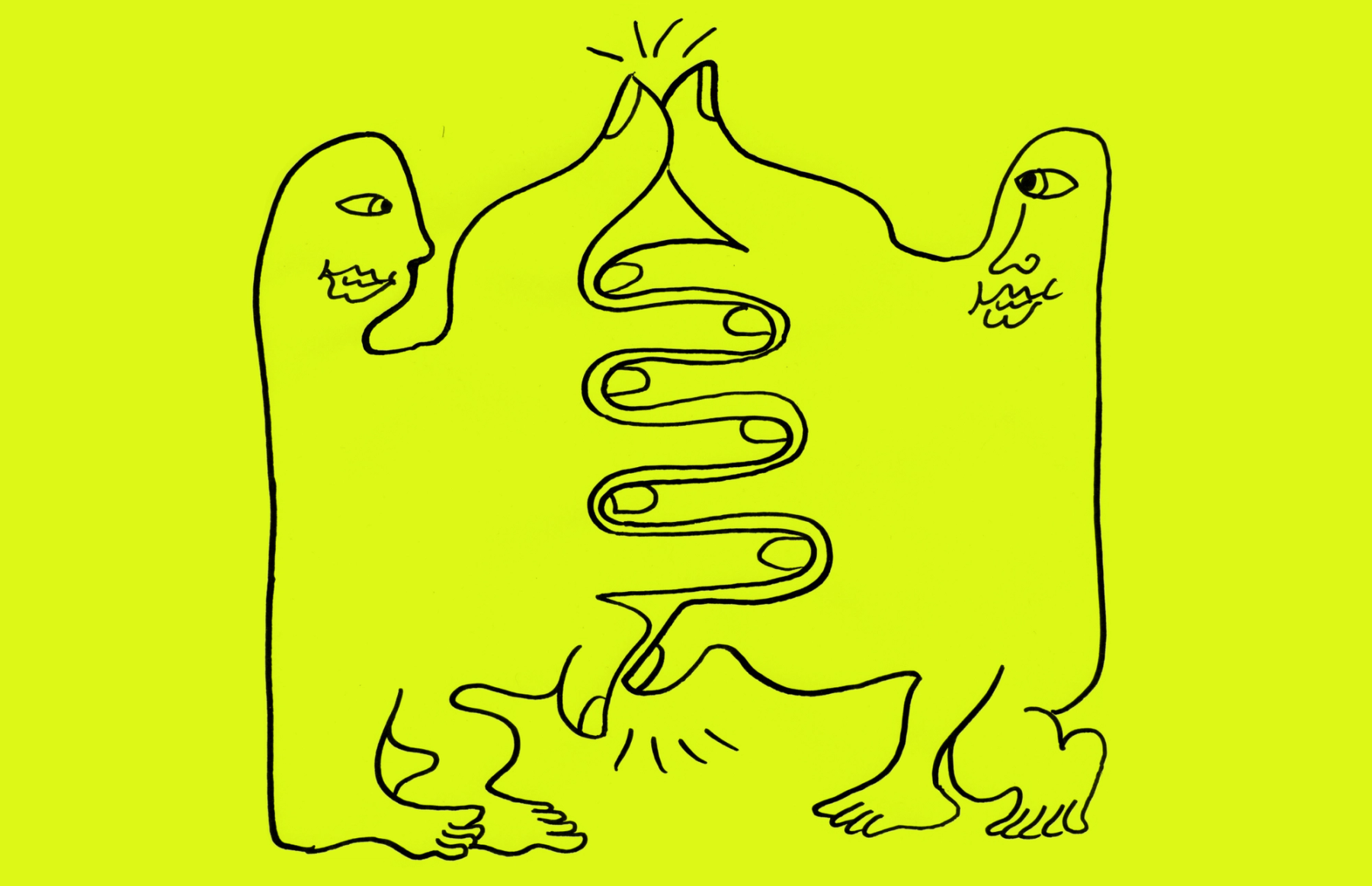The beauty sector is booming, but it takes more than a great product to succeed. We asked AUFI client and YAWN co-founder Tara Tersigni about launching a maximalist makeup brand for kids, and her biggest bits of advice for founders
Tara Tersigni started her career in the LA entertainment industry, but ultimately found herself working in the heart of the New York beauty industry, after taking a job with makeup icon Bobbi Brown.
Tersigni played a pivotal role in levelling up Bobbi Brown Cosmetics’ social media and video output, before leaving the brand and partnering with Brown once more to launch cruelty-free makeup brand Jones Road Beauty. In 2021, Tersigni left the business and in 2023 set up La Cosa Ventures – an investment firm focused on brand incubation and early stage CPG companies. She’s also the co-founder of YAWN – a new, non-toxic children’s makeup company that Tersigni describes as a “role model brand for the future”.
We caught up with her to discuss what’s changing in the beauty industry and how marketing and creativity can help companies and founders navigate a hugely challenging landscape.

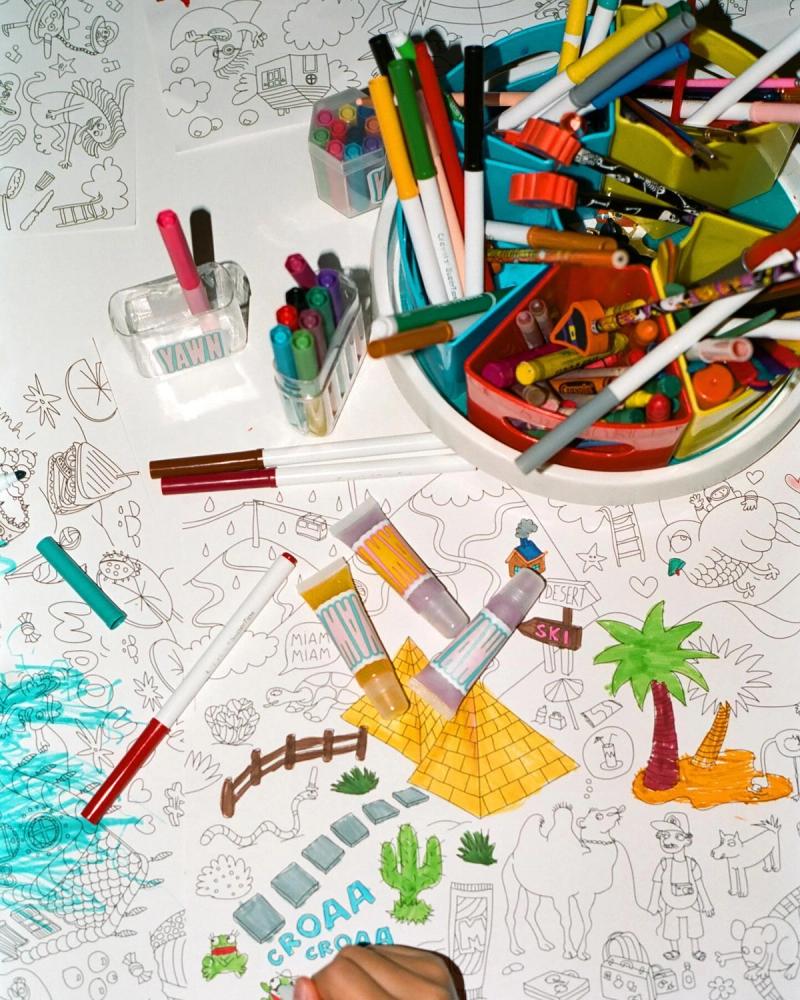
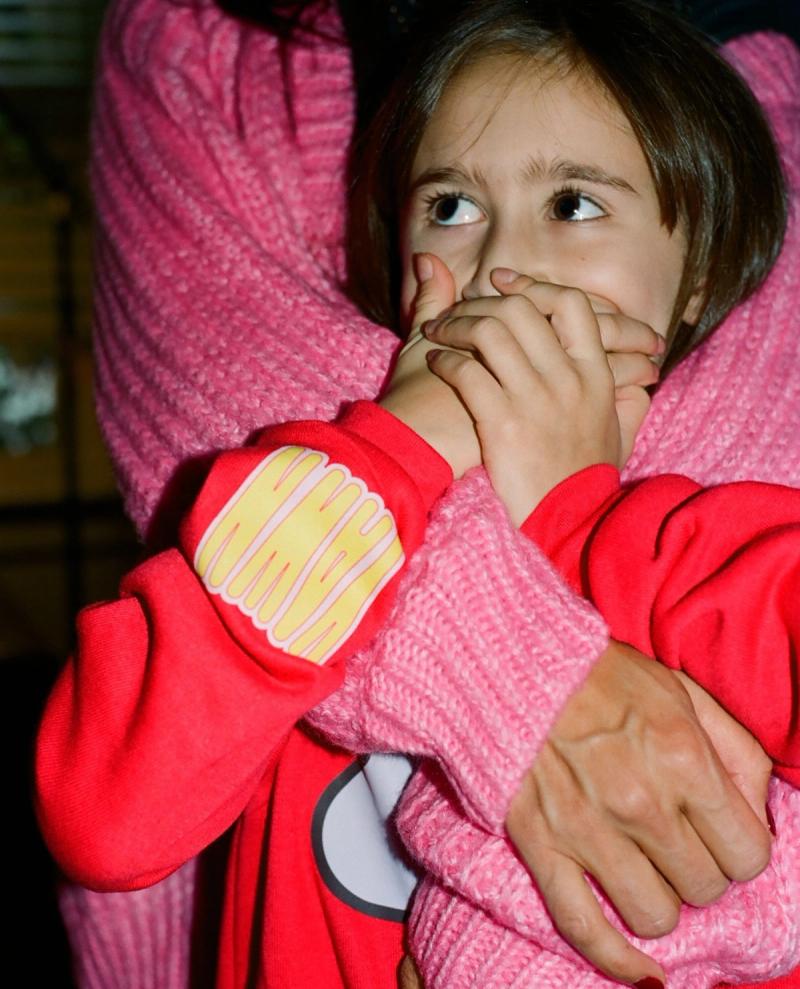
- Emma TuckerYou started working for Bobbi Brown in 2012. At the time, was there much crossover between the world of entertainment you’d worked in previously, and the world of beauty?
Tara TersigniThat’s a great question, because that’s what was so amazing about the timing. I grew up in the reality TV and TV production world in LA, so a lot of the skills I had in terms of creating content, storylines and hitting demographics were all the sales tactics that we now use for ecomm and beyond. Six months into working with Bobbi we hit our stride and we were starting our YouTube and Instagram, and my background and interests perfectly aligned with them.
It was this amazing baptism by fire of seeing how a big beauty brand, in a big corporation, runs, and the highs and lows of that – the barriers, the positives. I made maybe 30+ videos for Sephora, as education for their artists for in-store selling, as well as around legal, bricks and mortar, international and travel retailing. And there was an inflection point of all the social media stuff happening – everyone was dipping their toe in, and companies were all trying to get people onto their platforms. So I cut my teeth there, and since then I’ve taken my production skills and applied them to all of these other businesses.
- ETWhy do you think the beauty industry has grown in such a wild, and maybe slightly uncontrollable, way? What’s behind that, and what are the big changes you’ve seen in the last 5 years in terms of that brand world?
TTThere’s a couple of big things that have happened, and one is that any industry that’s had so little innovation for decades is ripe to be innovated, in terms of regulations and sustainability. For the beauty industry, that’s come in the form of all this content creation and ecommerce – paired with sustainable, safe, non-toxic formulas. I think everyone from prestige down to drugstore brands wants to try and do a little better. That, coupled with the fact that the word somehow got out about the profitability of beauty brands with little to no barriers to entry into the market.
“I think everyone from prestige down to drugstore brands wants to try and do a little better.”
Tara Tersigni, AUFI client and YAWN co-founder
- ETAnd in the current situation, where there’s so many beauty brands, what use does branding and creativity have? Product is obviously important, but it feels like that visual and strategic side of things is the only way you can survive and stand out above competitors.
TTI call it marketing wars out there. It’s about who can be the most clever and creative, and tell the best story paired with even just a halfway decent product. And brands with massive marketing budgets to penetrate in so many different channels are going to win. In launching Jones Road Beauty, obviously Bobbi being a household name already gave us a huge advantage in terms of success out the gate, but it was a risk at the time because of the pandemic and the 2020 election.
- ETThere’s also that well-worn bit of wisdom about how people still buy lipstick in a recession.
TTThe lipstick effect. Leonard Lauder coined that term during one of the recessions years ago, saying that everyone still buys it and needs it no matter the price of oil etc. It’s that one treat you want to have, and that’s pretty much remained true even with all the saturation in the marketplace.
I like to say that beauty consumers are the most fickle but the most loyal at the same time – they’ll go to a Bobbi Brown Cosmetics counter for years, and buy a whole bag of BB cosmetics, but it will only take one add-on from somewhere else for them to be like, ‘Oh this Chanel palette is gorgeous.’ I’m not a retention expert, but I think that’s why retention has become such an incredibly hot topic in the beauty industry – fighting the fickle beauty beast.
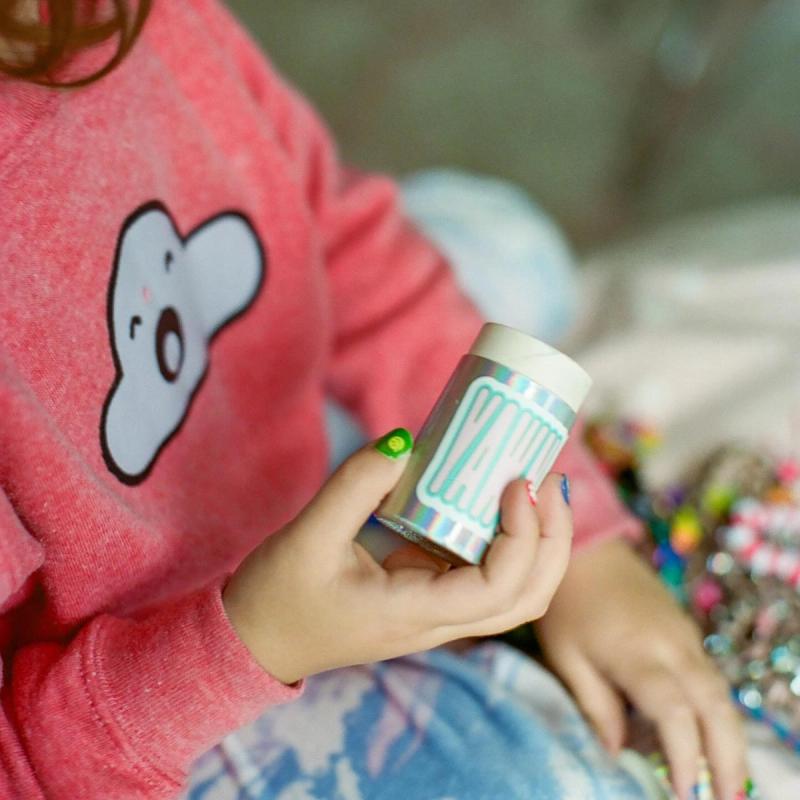
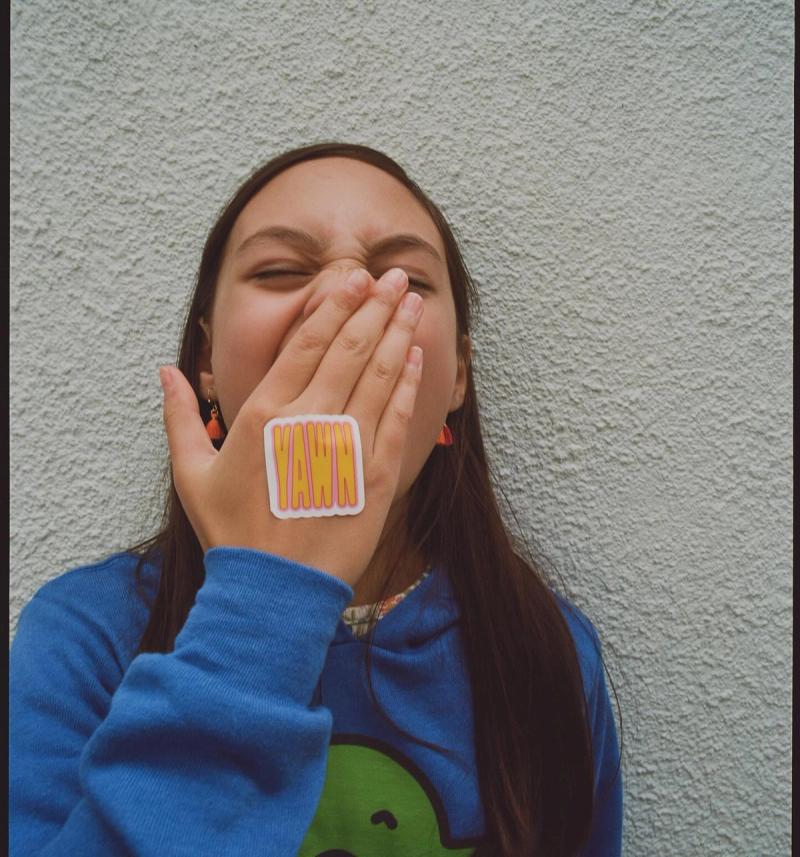
- ETThere’s obviously a high level of strategic and creative work needed to persuade people that you’re still exciting, or dependable, or innovative, or whatever it is that keeps them hooked.
TTBut also, we don’t need to be greedy with everyone. I don’t care if someone exclusively uses a makeup brand, that’s unrealistic. I would liken it to how we used to do syndicated TV and daytime talk shows – so think Oprah, Dr Phil, Rachael Ray, and all those shows that are on five days a week. That’s a lot of time to expect someone to watch; it’s every day for an hour, five days a week, over and over again.
That’s unrealistic, so we would measure the success of the show on frequency – if you’re getting someone one to three times a week, that’s a win, and then on the other two days they’re watching whatever the rival show is on NBC and you can live with that.
That’s how I feel about makeup too. If you’re in someone’s makeup bag and they’re using your mascara and your brow pencil, but love five other brands, that’s fine.
- ETYou’ve actually just launched your own beauty brand YAWN, which is all about non-toxic formulas for kids. How are you approaching the marketing and branding for that?
TTI live for thinking about subversive ideas, and new ways to market and do things differently. Following the playbook and knowing what works is nice, but then it’s about trying not to let that dictate too much of what you’re doing, and continue to experiment. A lot of times it’s like: here’s the recipe, follow the recipe and make something delicious, but I like to tinker with the recipe.
- ETWhat made you want to do a makeup brand specifically for children?
TTI have three kids; the two older ones are girls, and they love makeup. It’s got nothing to do with looking better or feeling better, it’s solely rooted in play, self-expression, and having fun. No rules, no standards to meet or achieve. My one daughter takes my brow pencil, and she’s not filling in her brows, she’s doing evil queen brows - genius.
Over the past couple years every time we would go in to a Target, Claire’s or CVS they want some kit, and when I started buying it and looking at the ingredient list – and I’m obviously well-read on the ‘clean’ makeup space – I was horrified by what was in there, and how cheap and junky it was. It’s one thing for products to be affordable for everyone, but not at this cost to kids health. Many, many people are buying clean skincare, clean makeup, clean household products, but we’re still selling this crap to kids? So I was like, this is in my wheelhouse, LFG.
“You have to believe you have something better, and be ready to grow smartly and slowly.”
- ETHow did you shape it from there?
TTWe did some market research, and I saw there were only a couple of other safe or non-toxic brands. And although my kids are 7 and 5, they respect good branding – they know how to buy on Amazon, they know all about Netflix and Disney+ and Target is their favourite store. That’s what we’re dealing with. I want to focus on Gen Alpha and create what I’m calling a “role model brand” for the future, targeted at under-12s.
It’s about rooting this brand in a three- to eight-year-old space firstly, but then with our own take on the tween market. Teens are following all the beauty trends on TikTok and going to Sephora. The younger kids are following along via osmosis, and they need options too. Lastly, it’ll be very affordable: think mass pricing, because I want every child’s caretaker or relative to be able to afford it – even if it’s a splurge once a year.
- ETWhat does it take, now, to launch a successful beauty brand, when there’s so much competition out there?
TTI think as opposed to maybe five years ago, when there was no barrier to entry, there’s now utter market saturation. Your product needs to be so differentiated, and it doesn’t necessarily have to be the actual formula – it’s got to be that the formula isn’t out there, or there’s some new spin on it, or the packaging has something new and innovative and as little plastic as possible, because now sustainability is table stakes too.
You can’t open the phonebook and cold-call 17 magazine editors anymore. You can put it on social media, but unless you have something insane that goes viral, you’re buried, and you’re buried because every other beauty brand with a budget is paying and bidding on their keywords and yours. You have to believe you have something better, and be ready to grow smartly and slowly.
- ETDo founders need to reset their expectations in this kind of environment?
TTI read the story of the Canva founder who pitched something like 100 VCs; everyone said no, and finally someone said yes, and now she has a $16b company and it’s the biggest ‘fuck you’ on the planet.
But, this life is not for everyone. And unfortunately it’s starting to lend itself to people that are either second or third time founders that have a network and know the ins and outs of everything, or people who are independently wealthy who will have the network and some of their own funds to get started. As my friend Gretchen always says to me, you have to trust the process.
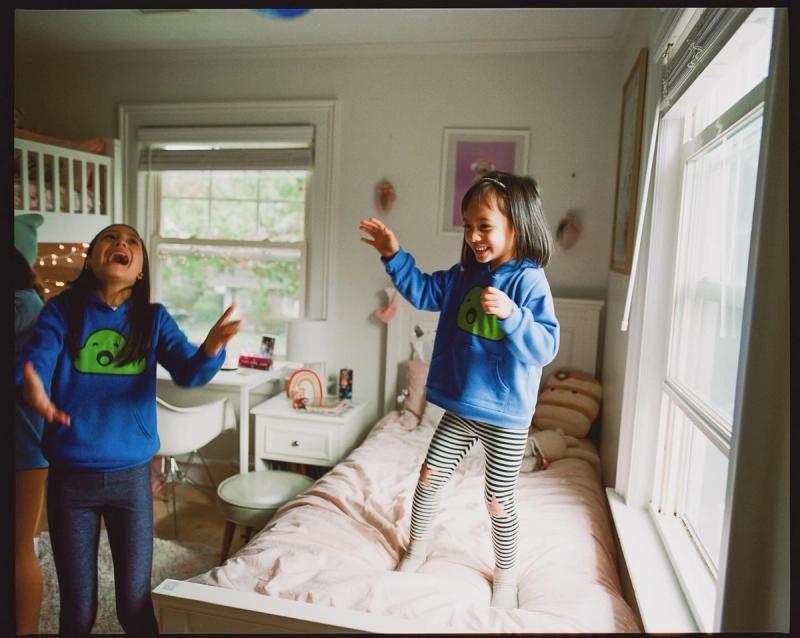
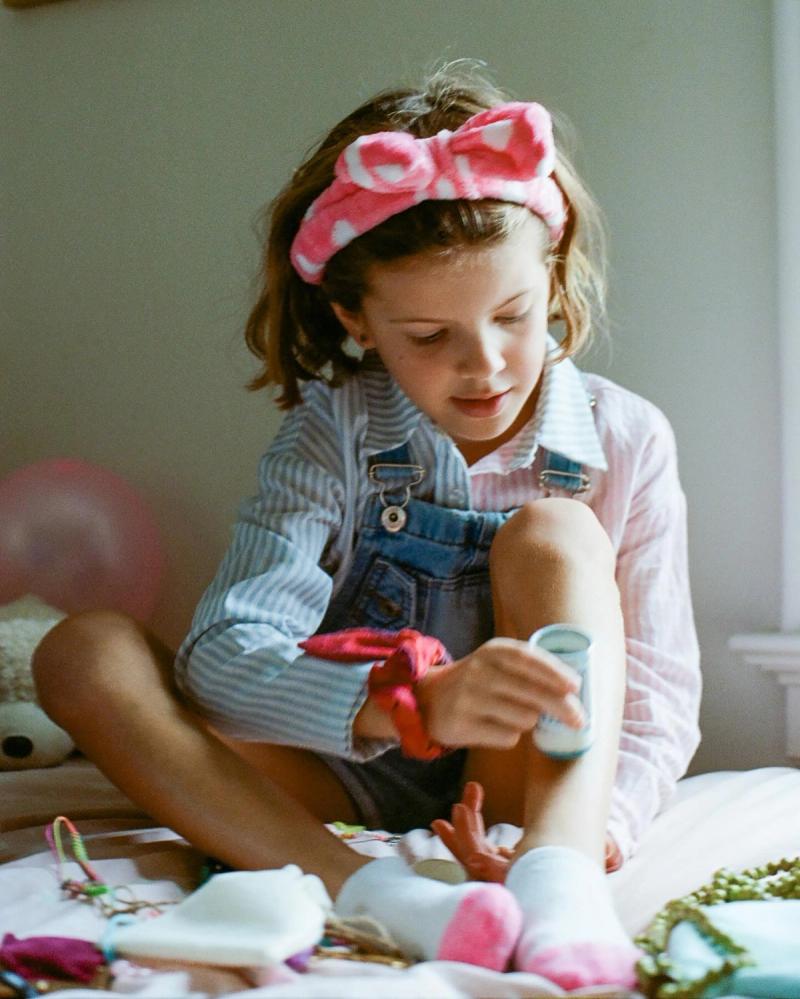
- ETFor a lot of people, the end goal is to sell the business. Does having that as your ultimate aim negatively affect creative decision-making, do you think?
TTNot every company can sell, not every company gets bought by Unilever, PNG, Estée Lauder or L’Oreal; those are few and far between. But you can build a company to be profitable, and have it be a lifestyle small business for yourself. I think that gets lost on people and that can be a really smart way to go about something.
Someone told me, a long time ago, that if you’re starting a business with the end goal of selling it, that’s maybe not why you should be doing it.
- ETWhat’s your personal piece of constructive criticism or advice for founders?
TTThis is a common piece of advice, but I think founders need to really put themselves out there and network within other people endlessly. There’s no harm asking someone on LinkedIn or Instagram if they can spare 15 minutes of their time.
